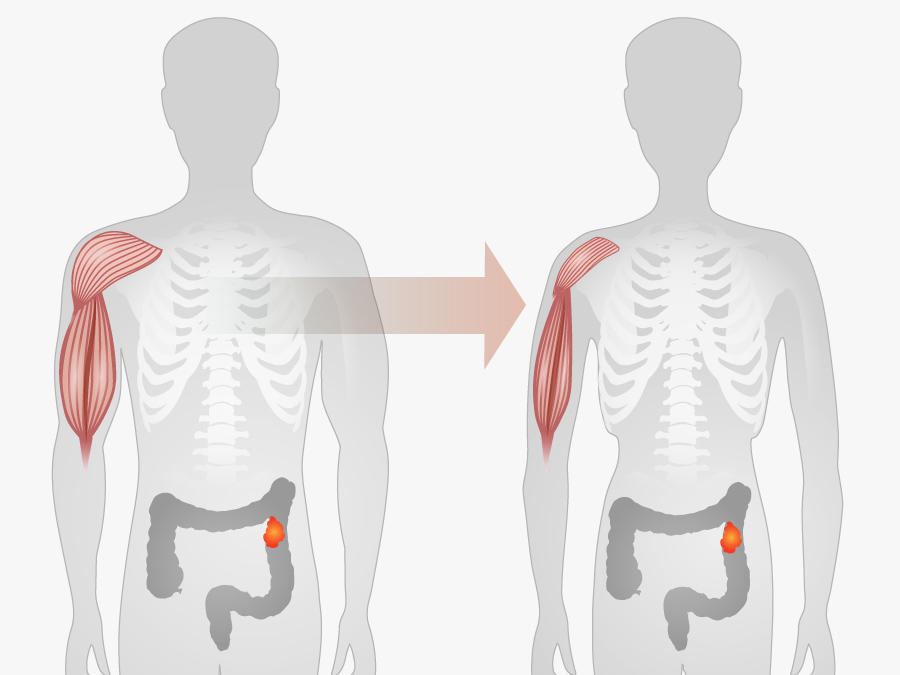Will Ponsegromab Be a Game Changer for Cancer Cachexia?

What is Cancer Cachexia and Why Does It Matter?
Cancer cachexia is a severe, unintentional weight loss that impacts many people with cancer, particularly those with advanced stages of diseases like pancreatic, colorectal, lung, and head and neck cancers. It isn’t just about losing weight; it involves the loss of both fat and muscle, leading to extreme weakness, fatigue, and changes in physical appearance. Worse, cachexia is linked to up to 30% of deaths in some cancer types and can make cancer treatment more challenging.
What is Ponsegromab and How Does It Work?
Ponsegromab is a new drug that targets a protein called GDF-15, which is often elevated in the blood of those with cachexia. Research has shown that GDF-15 binds to a protein in the brain called GFRAL, which controls appetite and energy balance. Ponsegromab is a monoclonal antibody that blocks GDF-15 from interacting with GFRAL, potentially preventing cachexia from taking hold.
Promising Results from Recent Trials
In a clinical trial involving nearly 200 participants with advanced cancer and cachexia, those treated with ponsegromab gained weight over a 12-week period. The highest dose (400 mg) led to an average weight gain of more than 5% of their body weight. Participants at this dose also reported better appetite, fewer symptoms related to cachexia, and increased physical activity. In contrast, those given a placebo lost weight on average.
One of the trial’s key investigators, Dr. Jeffrey Crawford from Duke Cancer Institute, noted that these results were "clinically significant" and could be a breakthrough in cachexia treatment. The trial was presented at the European Society for Medical Oncology (ESMO) annual congress in September 2024 and published in The New England Journal of Medicine.
Why is This Important?
Until now, there have been no approved drugs for cachexia in the U.S. or Europe. Ponsegromab’s success could pave the way for a treatment that helps cancer patients maintain their weight and improve their quality of life. It’s a hopeful development, especially since the drug has shown minimal side effects so far.
What’s Next for Ponsegromab?
The next step is a larger, longer-term trial to confirm these promising results. If successful, ponsegromab could become the first approved treatment for cachexia, potentially improving cancer treatment outcomes by helping patients stay strong enough to complete their therapy.
Researchers have been investigating GDF-15’s role in cachexia for over a decade. This protein doesn’t just signal the presence of cachexia but actively contributes to muscle wasting and loss of appetite. Ponsegromab and other drugs targeting GDF-15 or GFRAL have shown impressive results in lab studies and early human trials, making this treatment approach very promising.
While the results are encouraging, experts like Dr. Richard Dunne of the Wilmot Cancer Center stress that there’s still much to learn. Questions remain about how GDF-15 influences different cancer types and at what levels it triggers cachexia. But one thing is clear: GDF-15 is a major player in this condition.

